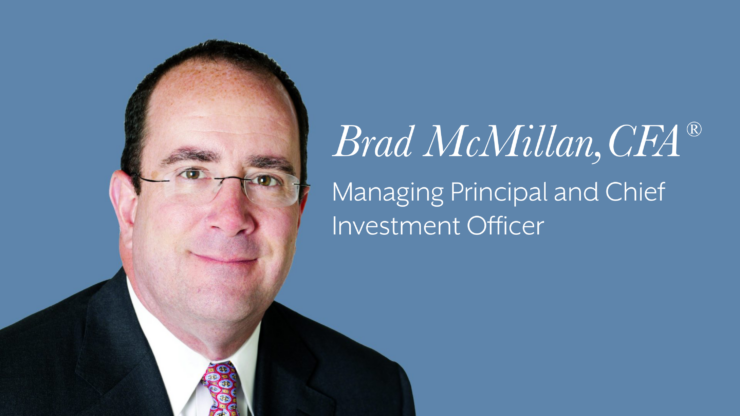5 Considerations for Starting Your Own Business
February 27, 2019
Starting your own business can be stressful and nerve-wracking at times, and requires well-thought-out planning. Before you start your own business, consider these 5 important factors.
Many people have a dream of starting their own business, being their own boss and building a company for future generations to run. But if it was easy, everyone would do it. For most of us, working for a small, local company, a large conglomeration or even the government is the more comfortable route due to regular hours, health and welfare benefits and a reliable salary. However, going out on your own has a number of benefits as well, such as having full control over the business and your schedule, the opportunity for unlimited earning potential and the freedom to pursue your passion. You may want to contact a financial advisor about ways you can benefit from going out on your own.
Starting your own business can be stressful and nerve-wracking at times, and requires well-thought-out planning. Before you start your own business, consider these 5 important factors.
1. Business Entity Type
The ownership structure of your business – whether it’s a sole proprietorship, partnership, LLC, S corporation or C corporation – could have a huge impact on your tax obligations as well as your legal and financial liability. For example, with a C corporation, the company itself is taxed on business profits and you, as the business owner, would pay income tax on your salary, bonuses or dividends earned. There are benefits and drawbacks to each structure, so you will need to work closely with your tax accountant and attorney to carefully consider your options.
If you’re working with a financial advisor, you way want to contact your financial advisor for a recommendation, as some advisors have connections with trusted, vetted and approved professionals. By contacting your financial advisor, it will also make him or her aware of your situation.
2. Office Space
Bill Gates and Paul Allen famously started Microsoft in Bill’s garage. While this is certainly an option and a good way to save money when starting out, your business may need something more professional. Home offices are definitely a good option if you have a handful of employees or less. Co-working space similar to WeWork is also becoming a popular alternative. As your business grows, you may need to consider leasing or purchasing a larger space. Also, based on your projections for growth, ask yourself if you should lease more space than you currently need to give you the room to grow.
Again, you may want to contact a financial advisor to see how this can help (or hurt) you in the big picture.
3. Healthcare and Insurance
Affordable healthcare can be one of the biggest barriers to starting your own business. Large companies benefit from group rates on health insurance, which may be out of reach for a small business owner. Working with an experienced group health insurance professional can assist you in setting up an affordable program that is also competitive.
You may also need to purchase a group life and disability insurance policy. Depending on the number of employees you plan to hire, adding health, life and disability insurance to your company’s benefits package will make your company very attractive to potential employees.
4. Retirement Plan
Employees value an employer that is looking out for their future and best interests, and a retirement plan can help accomplish financial security. Unfortunately, around 40 percent of self-employed professionals in the United States are not putting away any retirement savings. Whether you are a one-person organization or you plan to expand your business, creating a company retirement plan will provide an incentive for people to join your team, or simply help build a nest egg for a comfortable retirement, whatever that happens to mean to you.
5. Marketing Plan
Don’t forget to plan how you will market your business! You may be the best pie maker in the area, but if you don’t have a plan for getting customers to enter your store or visit you online to purchase your apple pie, your business probably won’t last long.
As a new business owner, you’ll need to focus on allocating your time to tasks that will maximize the growth and scalability of your company. It may make more sense to outsource tasks you don’t have expertise in like marketing, accounting or the designing of your employee benefits package.
Launching and growing a business is challenging, but if you dedicate time and effort, you have passion and perseverance, and you seek the advice of qualified professionals when appropriate, your business will have a much greater chance of survival and hopefully thrive!
Let the Certified Financial Planner® professionals at Williams Asset Management help with your wealth management needs. Whether you need comprehensive and holistic financial planning or investment management, we can help! We are fee-based, independent financial advisors located in Columbia, the heart of Howard County, Maryland. Schedule your complimentary consultation today by calling (410) 740-0220!


